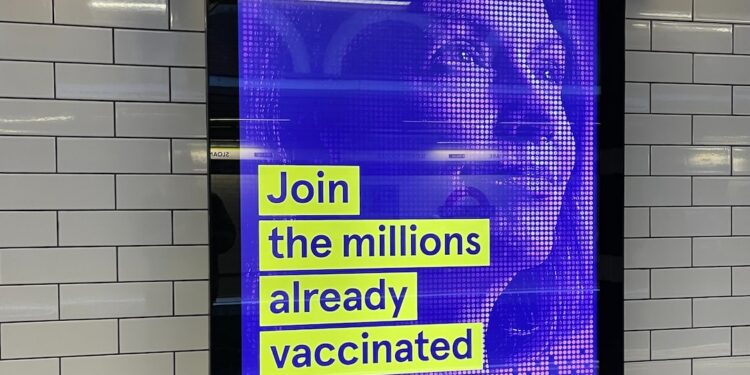The Power of Memes: How Internet Culture Shapes Media Discourse
In the digital age, memes have become a vital component of our online communication. From funny images to catchy phrases, memes capture our attention, make us laugh, and most importantly, shape the way we view and discuss various topics. Beyond their entertainment value, memes have inherently changed the way media discourse occurs. They have empowered ordinary internet users to actively participate in public conversations, challenge traditional narratives, and influence the direction of popular opinion.
One of the most fascinating aspects of memes is their ability to condense complex ideas or news events into a simple, shareable message. Memes often utilize humor to communicate a specific viewpoint or critique. For example, during the 2016 U.S. presidential election, the memorable “Thanks, Obama” meme was frequently used to mock and criticize any perceived negative consequence or unpopular policy associated with Barack Obama’s presidency. This meme not only allowed people to express their dissatisfaction but also turned the phrase into a widely recognized shorthand for blaming Obama. As a result, it shaped public perception and contributed to the broader narrative surrounding Obama’s legacy.
Furthermore, memes have also played a significant role in challenging mainstream media narratives and fostering alternative viewpoints. Traditional media outlets often have their biases, and memes provide the opportunity for marginalized voices and differing opinions to be heard. For instance, during the 2020 Black Lives Matter protests, there was a surge in memes that highlighted police brutality and systemic racism. These memes circulated widely, ensuring that crucial issues were discussed and understood by a broader audience. They opened up conversations that might have otherwise been ignored or silenced by the mainstream media, ultimately shifting the national dialogue towards issues of social justice and equality.
The power of memes lies not only in their content but also in their ability to spread rapidly across various social media platforms. The viral nature of memes enables them to reach millions of people in a short period. This reach makes them an effective tool for social and political activism. Activists have harnessed the power of memes to raise awareness about important causes and mobilize support. By combining humor with serious issues, these activists successfully capture the attention of audiences and make them reflect on and engage with critical topics. Memes have become a valuable resource in the fight for social change and political progress.
However, the influence of memes is not limited to activism; it extends to the world of advertising and marketing as well. Memes have become an integral part of modern advertising campaigns, as they can be used to engage audiences and create relatable content. Memes capitalize on shared experiences and cultural references, making them an effective tool for brand building and connecting with consumers. Companies have understood the significance of memes in shaping popular culture and have leveraged them to foster brand loyalty and recognition.
In conclusion, memes have become a driving force in internet culture, profoundly shaping media discourse and influencing public opinion. They condense complex ideas, empower marginalized voices, challenge mainstream narratives, and mobilize support for social causes. As the digital landscape continues to develop, it is crucial to recognize the power of memes and understand how they can be harnessed to create positive change. Memes not only entertain us but also empower us to actively participate in shaping the conversation around the most pressing issues of our time.















